Filter by
The language used throughout the course, in both instruction and assessments.
1,002 results for "tableau"
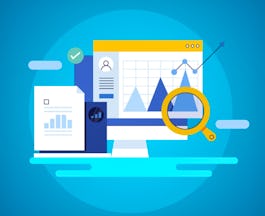
Skills you'll gain: Data Science, Data Visualization
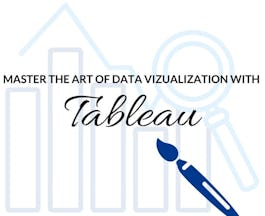
Coursera Project Network
Skills you'll gain: Tableau Software
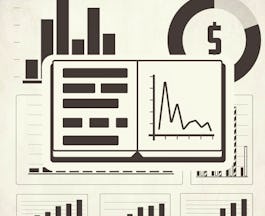
University of California, Irvine
Skills you'll gain: Data Visualization, Exploratory Data Analysis, Interactive Data Visualization, Data Analysis, Statistical Visualization, Communication, Data Visualization Software

University of California, Davis
Skills you'll gain: Business Analysis, Business Intelligence, Data Visualization, Plot (Graphics), Statistical Visualization, Tableau Software
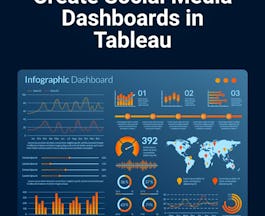
Coursera Project Network
Skills you'll gain: Data Visualization, Data Analysis, Digital Marketing

Università di Napoli Federico II
Skills you'll gain: Business Analysis, Data Analysis, Databases, Design and Product, Leadership and Management, Data Management, Cloud Computing, Computer Networking, Decision Making, Google Cloud Platform, Microsoft Excel, Data Analysis Software, Computer Architecture, Data Visualization, Tableau Software
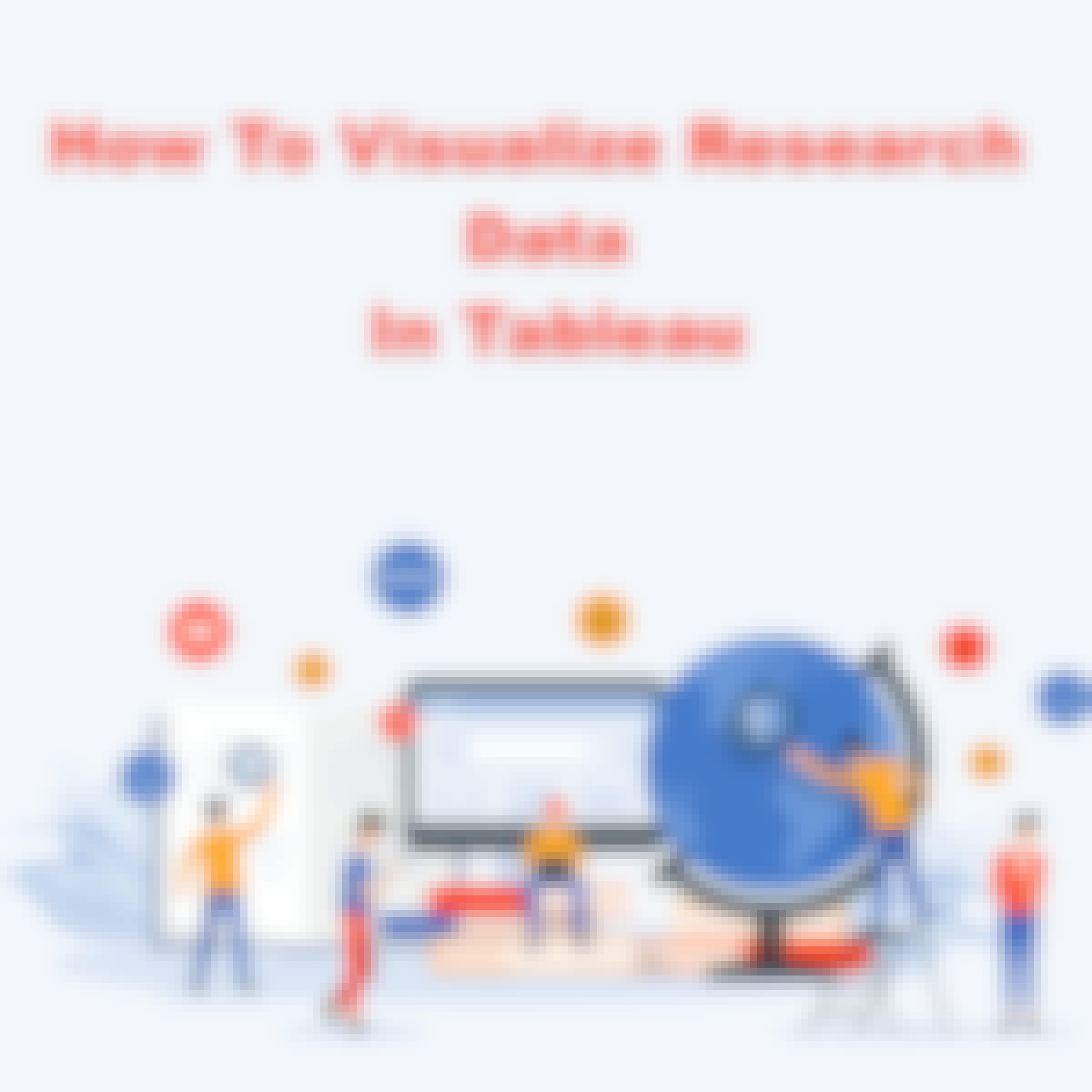
Coursera Project Network
Skills you'll gain: Tableau Software, Research and Design, Statistical Visualization

SkillUp EdTech
Skills you'll gain: Data Analysis, Data Visualization, Tableau Software

Skills you'll gain: Data Analysis, R Programming, Computer Programming, Data Visualization, Data Management, Statistical Programming, Databases, Exploratory Data Analysis, Plot (Graphics), Data Analysis Software, Data Structures, Statistical Analysis, Statistical Visualization, Basic Descriptive Statistics, Microsoft Excel, SQL, General Statistics, Interactive Data Visualization, Database Application, Extract, Transform, Load, Visualization (Computer Graphics), Spreadsheet Software, Database Design, Database Theory, Programming Principles, Database Administration, Computer Programming Tools, Correlation And Dependence, Data Mining, Data Visualization Software, Visual Design, Business Analysis, Python Programming, Big Data, Data Science, NoSQL
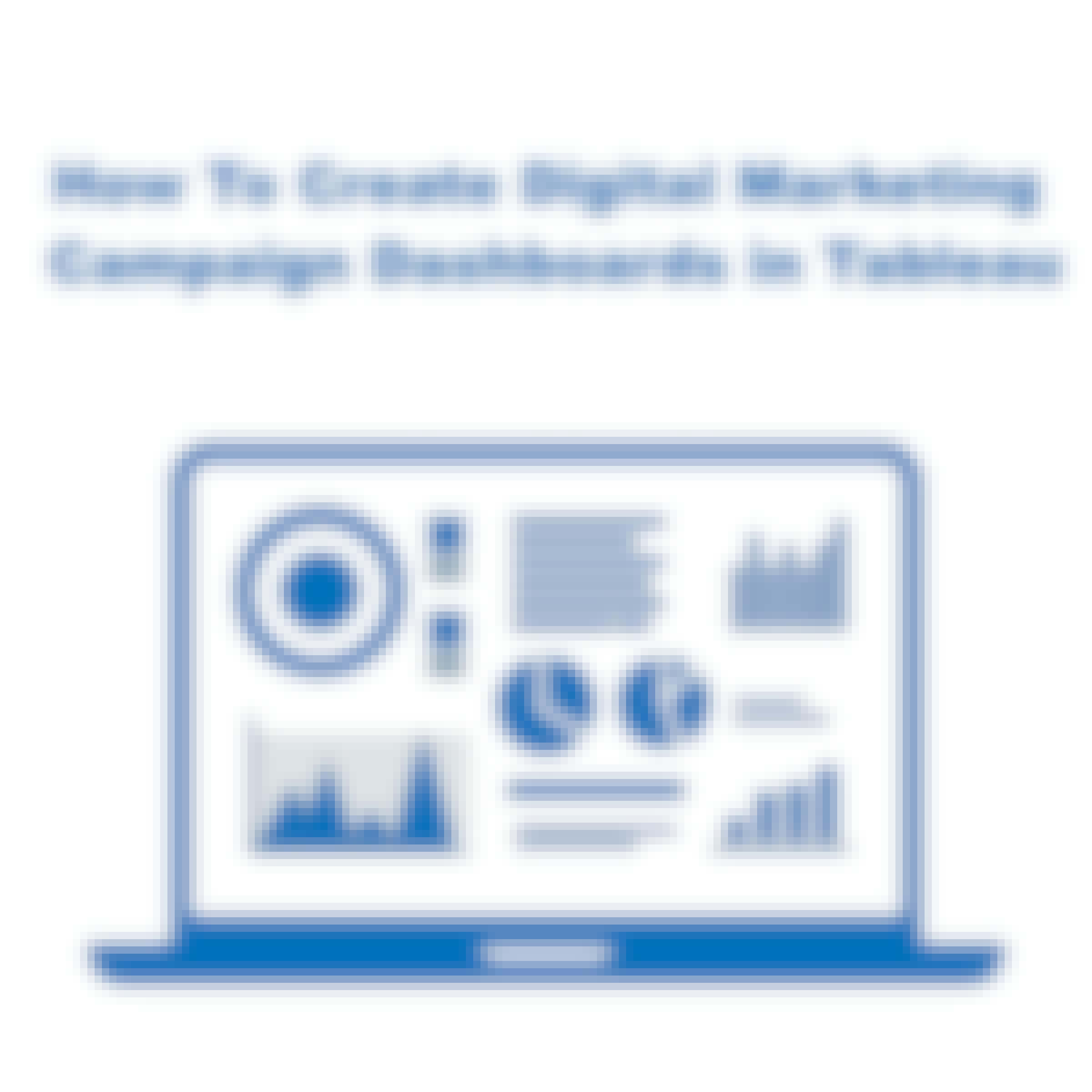
Coursera Project Network
Skills you'll gain: Data Visualization, Digital Marketing, Market Analysis, Marketing
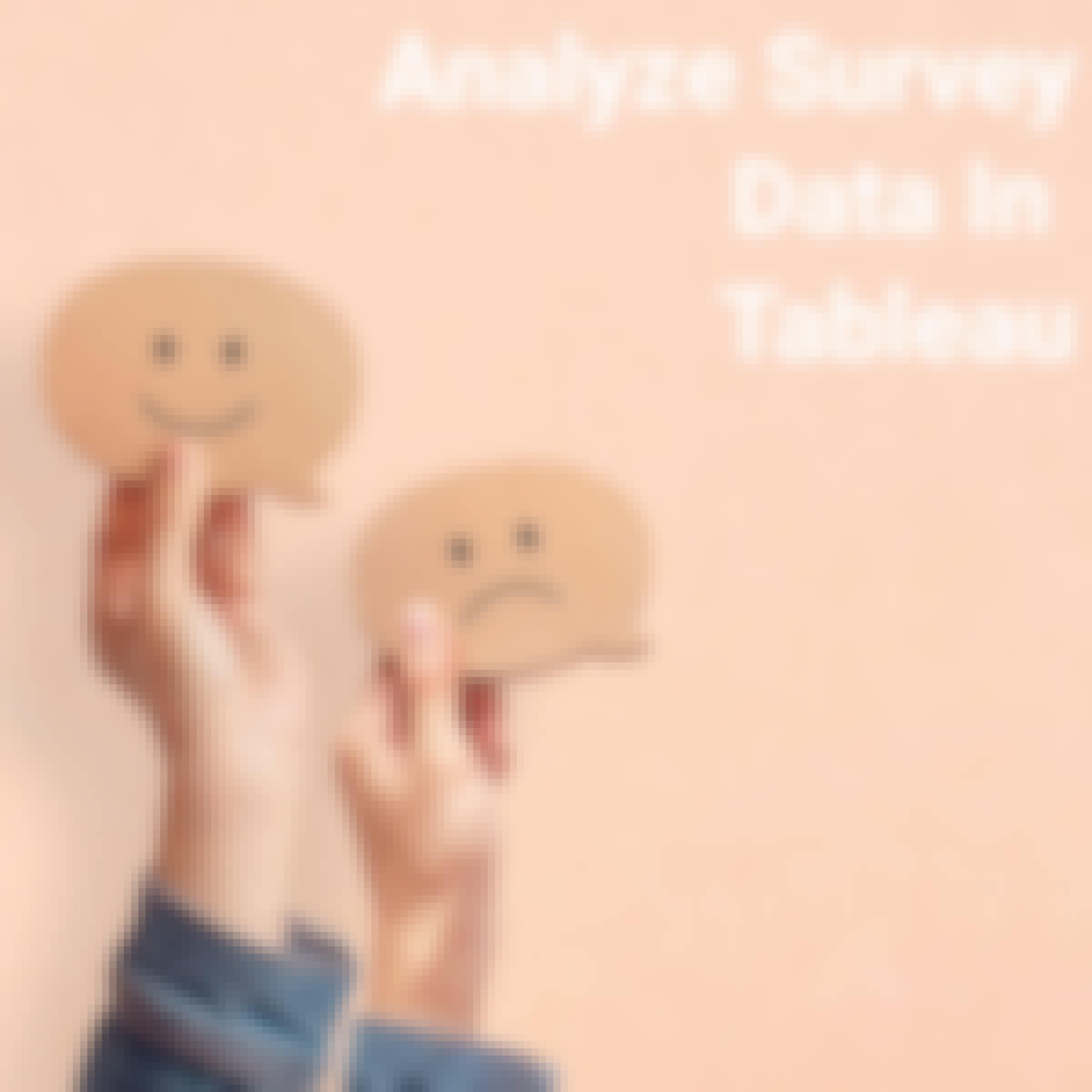
Coursera Project Network
Skills you'll gain: Data Analysis, Data Visualization, Market Research
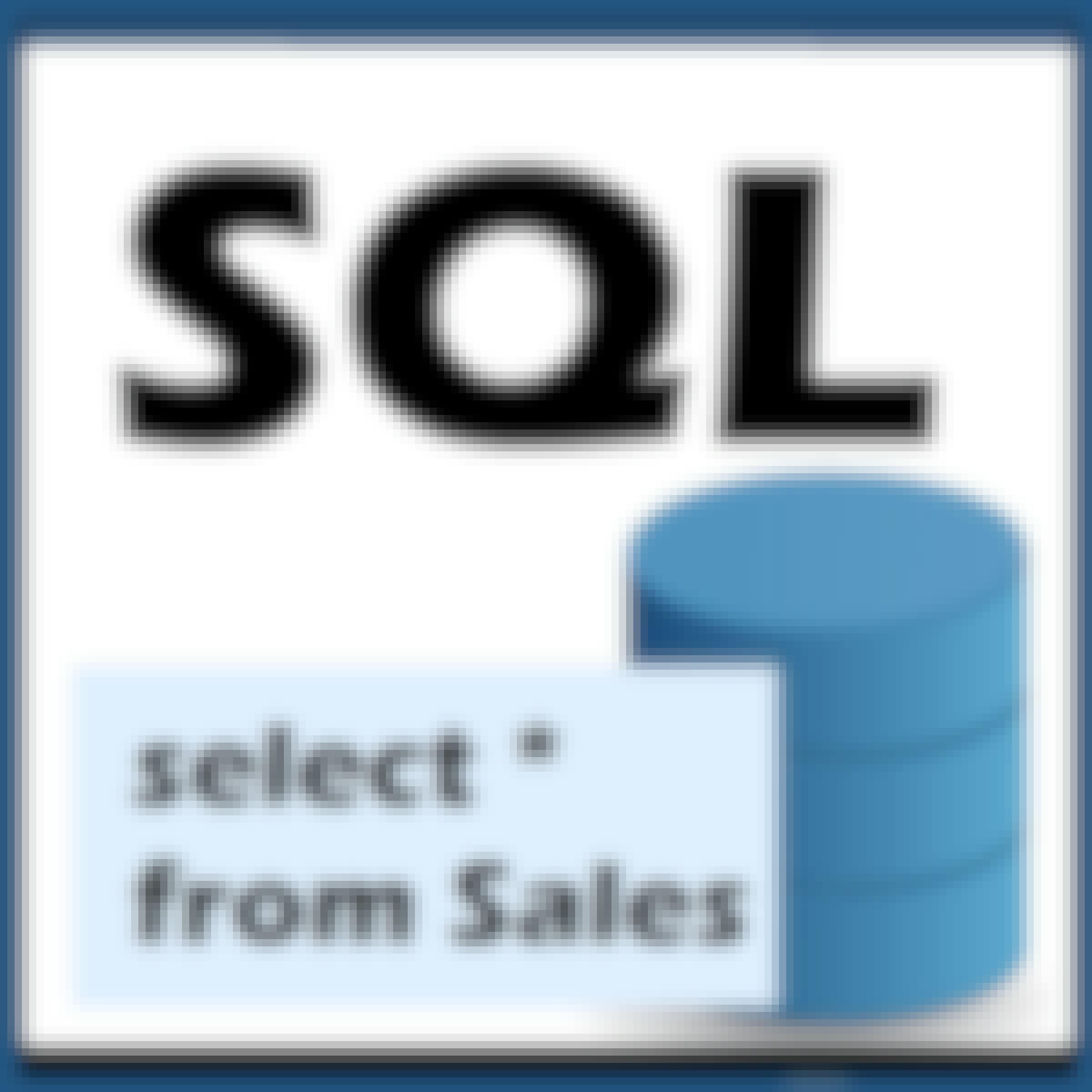
Coursera Project Network
Skills you'll gain: Databases, SQL, Problem Solving
Searches related to tableau
In summary, here are 10 of our most popular tableau courses
- Use Tableau for your Data Science Workflow: Edureka
- Master the Art of Data Visualization With Tableau Public: Coursera Project Network
- Use Tableau for Your Data Science Workflow: University of California, Irvine
- Essential Design Principles for Tableau: University of California, Davis
- Create Social Media Dashboards in Tableau: Coursera Project Network
- Data Visualization: Analisi dei dati con Tableau: Università di Napoli Federico II
- How to Visualize Research Data in Tableau: Coursera Project Network
- Advanced Data Visualization with Tableau: SkillUp EdTech
- IBM Data Analytics with Excel and R: IBM
- Create Digital Marketing Campaign Dashboards in Tableau: Coursera Project Network










